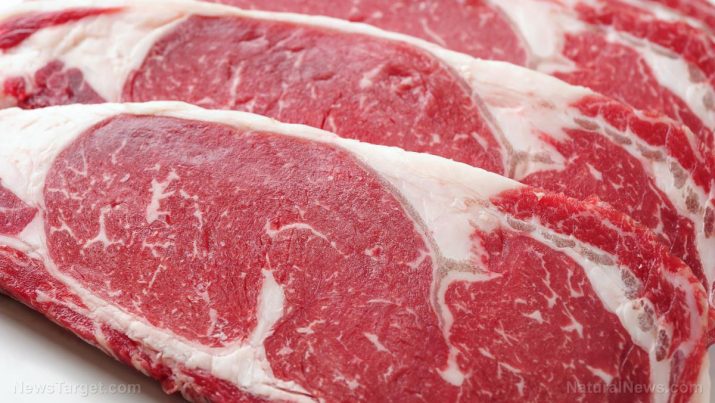
There have been tremendous leaps in the field of food science over the past few decades, and it doesn’t look like the rate of progress is going to slow down any time soon. But while there are a lot of positive outcomes from the research studies that have been conducted on food and how to best improve it, there is at least one thing in particular that kind of brings the field into what some might call murky territory. That is none other than lab-grown meat.
While lab-grown meat has already been available for quite some time now, it still hasn’t been deemed acceptable for mass consumption. But that could soon change, according to a new report, with at least one company moving to capitalize on its existence on the open market. Just, which is described as a “controversial food company” that already had to change its name once, has methods to grow meat inside their labs using nothing but cells, incubators, and certain nutrients that these cells need to grow.
It is said that there is a whole industry of meat-growing food startups that are looking to get a piece of the eventual lab-grown meat market pie. For its part, Just is aiming for a late-2018 release of a yet unspecified food product, which still hasn’t been sold before. And it is with this that the company hopes to convince consumers that their meat is just as good, if not better, than real, conventional meat sourced from animals.
The success of Just’s effort to own the lab-grown meat space could dictate pretty much how the entire world reacts to artificial meat products. Of course, that would depend on a number of different factors, such as the taste and smell of their meat, how it feels in the mouth, or even if they can make it in time before the year ends, as they said on their own schedule. It may all seem like an inevitability — the existence of artificial foods that will aid in feeding the majority of the world’s population — but there is much more to it than you think.
There are some people who think lab-grown meat can pave the way for a better planet, but the truth is that there is very little data to back that idea up. According to official beef industry statistics, the U.S. alone consumes 26 billion pounds of beef every year. This is a massive industry where one small change could have wide-reaching effects, not just on the food industry but on society as a whole. So something as huge as being able to grow meat from nothing but a sample of meat cells could be game-changing.
According to Mike Selden, the Chief Executive Officer (CEO) of Finless Foods, a lab-grown food startup that focuses on fish meat, there is potential in artificial foods to feed more people than would otherwise be possible. “Theoretically from one little piece of meat you can create an unlimited amount,” he said. “In practice, it doesn’t work the first time — you’ve got to try a bunch of different things to get it to work.” But there are methods to make it happen, although they’re still nowhere near perfection.
It might look like real meat, smell like real meat, or even taste like real meat, but the truth is that artificial meat might simply be never as good as actual, animal-sourced meat. Not just in terms of how palatable it is but also in terms of nutrients. The availability of lab-grown meat could also displace millions of workers whose livelihoods depend on the meat industry, which is doing just fine, by all accounts. Never mind the taste, there could be other consequences of lab-grown meat that are too hard to stomach.
Source